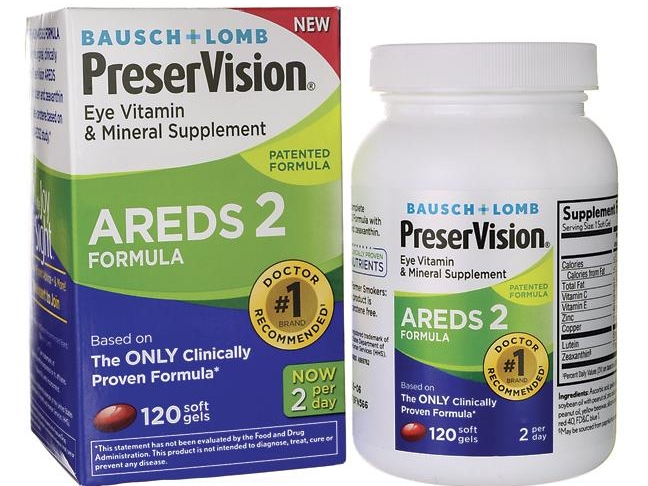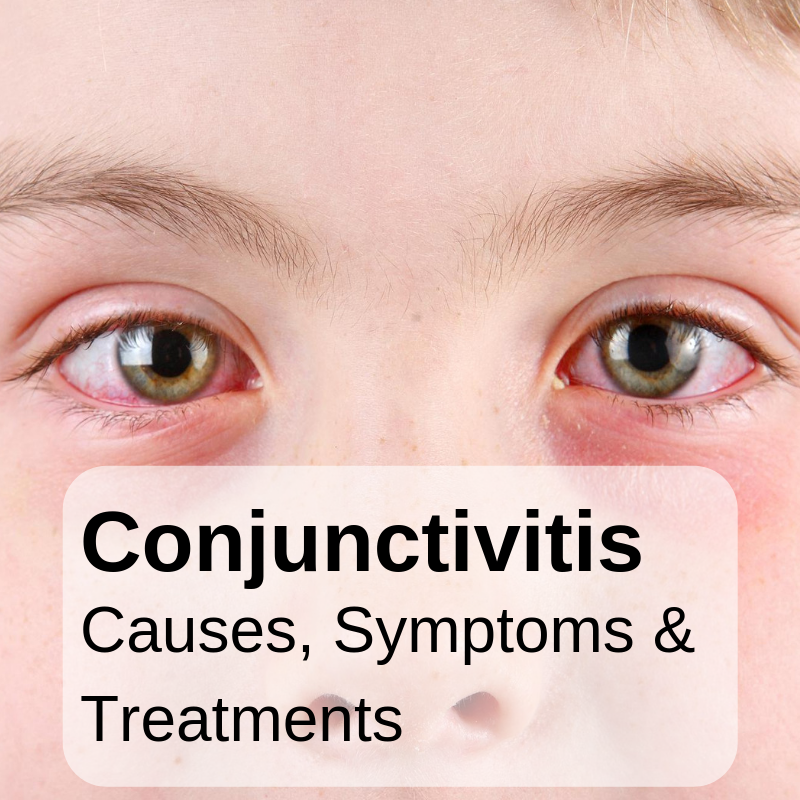LASIK Consultation
Are You a Good Candidate For LASIK Eye Surgery?
If you're tired of wearing glasses and have had a stable prescription for several years, LASIK could be a great option for you. While some minor changes in your prescription may occur over time, most people enjoy many years of clear, uncorrected vision after the procedure. LASIK is especially beneficial for those with active lifestyles who want to avoid the hassle of contact lenses, offering the freedom to participate in sports and travel without the need for corrective eyewear.
LASIK Laser Eye Surgery Requirements
Age: To be an eligible candidate for LASIK, you need to be at least 18 years old. Most patients wait until age 21 when vision has stabilized for most people.
Overall health: To be considered for surgery, LASIK candidates need to be in good general health. Your vision will need to be stable for a period of at least one year before the procedure.
Candidates also should not have certain health problems, these include:uncontrolled diabetes
autoimmune or collagen vascular disease
severe dry eye
Corneal thickness is one of the most important factors doctors consider when determining your candidacy for LASIK eye surgery. The nature of the procedure limits candidates to those with a corneal thickness of at least 0.5 mm. This will be measured by your optometrist or eye surgeon.
Eye Diseases: You need to be free of eye diseases like keratoconus and other corneal conditions
Nursing or pregnancy: Pregnant women and nursing mothers should wait at least 6 months before getting LASIK surgery as hormone changes can cause fluctuations in the prescription.
Presbyopia: While LASIK eye surgery can correct nearsightedness and farsightedness, the procedure cannot reverse the effects of age-related presbyopia. Most LASIK patients over 40 will still need glasses for reading after the procedure.
Other LASIK Prescription Requirements
Determining whether any patient is a suitable candidate for LASIK is made on an individual basis, taking a patients medical history, prescription, and other health factors into consideration
Midtown Optometry’s optometrists also take note of your vision goals and your expectations for the procedure, and depending on whether or not your expectations are realistic, they will determine if LASIK is the best course of treatment.
LASIK Surgery with Dr. Mark Mandel
Dr. Mark Mandel, MD – Your Trusted LASIK Surgeon
Dr. Mark Mandel is a highly respected ophthalmologist who specializes in LASIK surgery, using the most advanced technology to provide patients with clear, lasting vision. At his practice, we recommend Dr. Mandel for his expertise and dedication to achieving the best possible outcomes for each patient.
Dr. Mandel uses the Wavefront Wave® EX 500 system, a cutting-edge laser technology that goes beyond traditional LASIK by addressing both "lower order" and "higher order" aberrations. While excimer lasers have long been used to correct nearsightedness, farsightedness, and astigmatism, the Wavefront system also targets visual distortions that can affect clarity, particularly in low-light conditions. These higher order aberrations, such as glare, halos, and starbursts, are minimized with Wavefront laser treatment, ensuring that your vision is not only sharp but also of the highest quality, even at night.
The ALLEGRETTO WAVE® EX 500 provides customized treatment tailored to your unique eye shape and prescription. This advanced technology helps preserve the quality of your vision by reducing distortions and improving contrast sensitivity. Dr. Mandel’s use of the Allegretto Wavelight EX 500, with its pupil and eye tracking features, ensures that your procedure is both precise and comfortable, giving you confidence throughout the treatment process.
At Dr. Mandel’s LASIK center, patients benefit from his team-based approach, where you are encouraged to focus on a blinking light while the surgeon maintains eye centration with subtle adjustments. The active laser tracking system further ensures safety, eliminating concerns about slight eye movements during the procedure. With years of experience and a commitment to the latest innovations in laser technology, Dr. Mandel is proud to offer his patients superior LASIK outcomes.

































